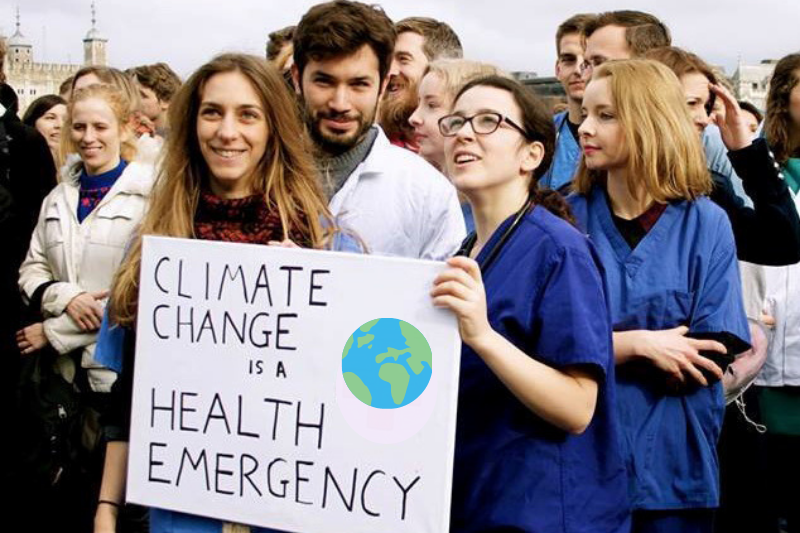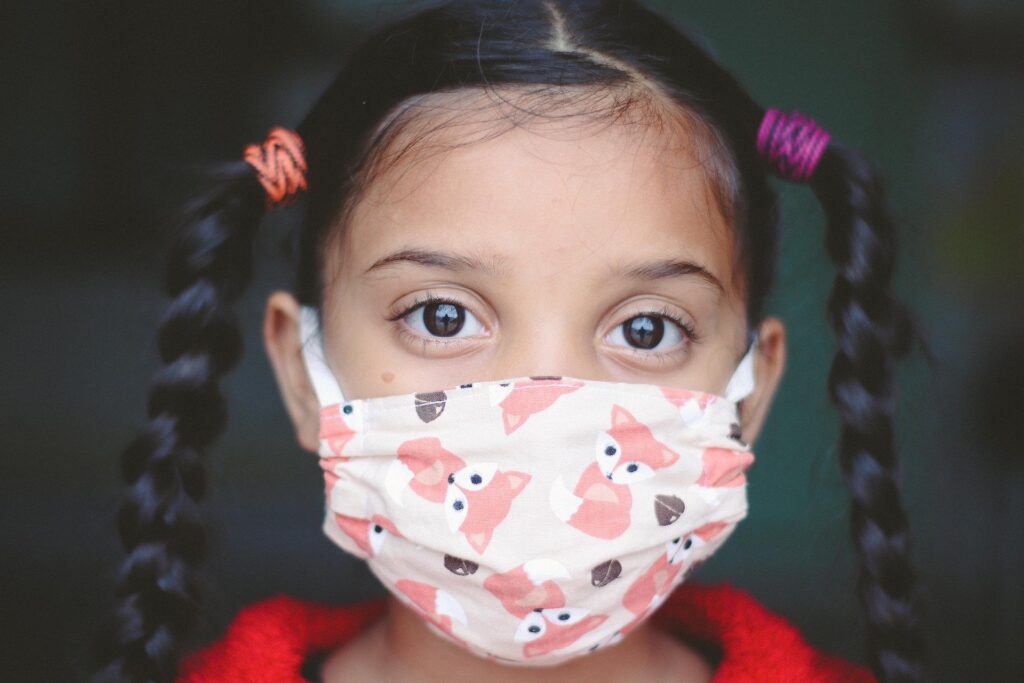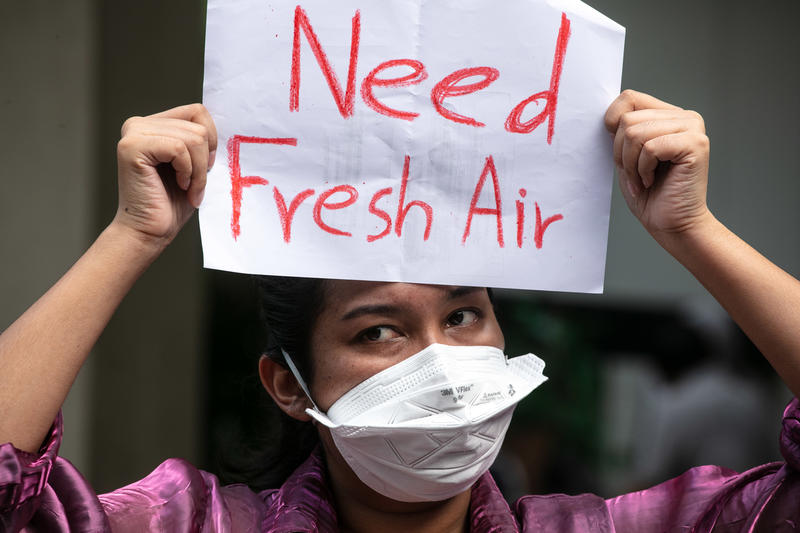A call to strengthen climate change education for all health professionals
An open letter to universities and all education stakeholders
Pramod Kanakath / Climate Visuals Countdown
In 2022, members of the WHO-Civil Society Working Group to Advance Action on Climate Change and Health released an open letter calling on all education stakeholders to ensure health professionals are prepared to identify, prevent, and respond to the health impacts of climate change and environmental degradation. Preparing health professionals for a future impacted by climate change is the responsibility of all education stakeholders, including the deans, academics, managers and other teaching staff of health professional educational institutes, as well as the associated accrediting, examination, and licensing bodies.
This open letter is a starting point to engage in further curriculum development and advocacy. Multilingual versions of the letter, resources, case studies and links to join communities of practice are available below.
To all health education stakeholders;
Global health challenges are emerging as environmental and climatic changes disrupt all societies worldwide. Health systems and patient needs will be very different from the past. Health professionals must be prepared to recognize and address the health risks and impacts of climate change and to ensure functioning healthcare systems in a climate-changed future.
We, the WHO-Civil Society Working Group to Advance Action on Climate Change and Health, urge the deans, academics, managers and other teaching staff of health professional educational institutes, as well as the associated accrediting, examination, and licensing bodies to ensure graduating health professionals are prepared to identify, prevent, and respond to the health impacts of climate change and environmental degradation.
Human health is inextricably linked to planetary health. From floods to wildfires to heat emergencies, climate change is already impacting health and health systems with disadvantaged and Indigenous communities being affected the most. Health professionals have an ethical and professional responsibility to be familiar with both current and future climate change and environmental health threats in order to fulfill duties to their patients and to society.
Responses to a global health emergency, whether a pandemic or a climate disaster, air pollution or biodiversity loss, need resilient health systems and a highly proactive, skilled and committed health workforce. One of the key strategies to achieve resilient, low-carbon health systems is to strengthen educational and training programs for all health professionals. Health systems must also do their part to reduce the global greenhouse gas emissions produced in the delivery of healthcare services.
Universities and education stakeholders must update and evolve programs such that they address risks from climate change as well as opportunities to improve the global public health response to climate change. A recent survey showed climate change educational programs for future doctors are lacking worldwide, and are often student-led. Another global survey with 160 health professional schools indicate many barriers are being faced in integrating climate and health content into curricula, including lack of institutional support.
To empower health professionals with the knowledge and skills they need to respond to climate change, we present the following calls to action:
- Integrate climate and health competencies into all health professional curricula, accreditations, and continuing professional development;
- Provide a health lens to support the development of educational programs on climate change and health in other sectors to foster multi-sectoral collaborations;
- Advocate for and provide additional funding and resources for climate and health research and education;
- Share educational resources to expand educational opportunities.
We acknowledge that local settings and frameworks vary greatly due to different political, socio-economic, health care and education systems and that the above recommendations can be contextualised for uptake in each setting.
Examples of existing courses and resources can be found in the appendix
Signed and endorsed by members and alumni of the WHO Civil Society Working Group to advance action on climate change and health

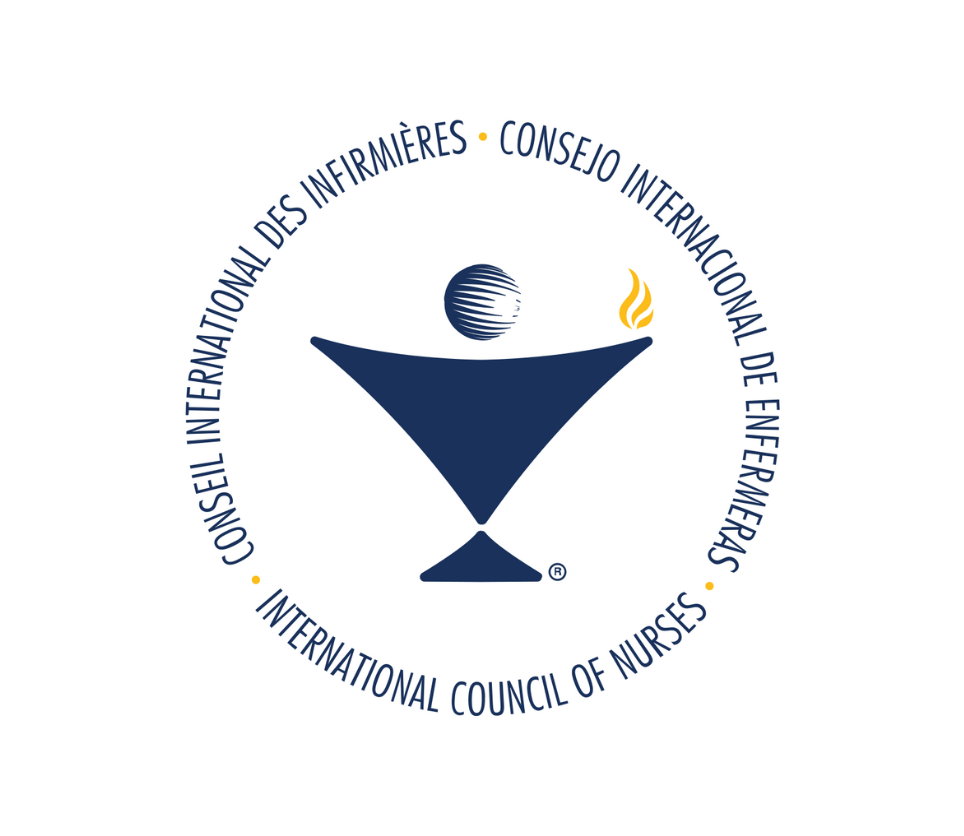
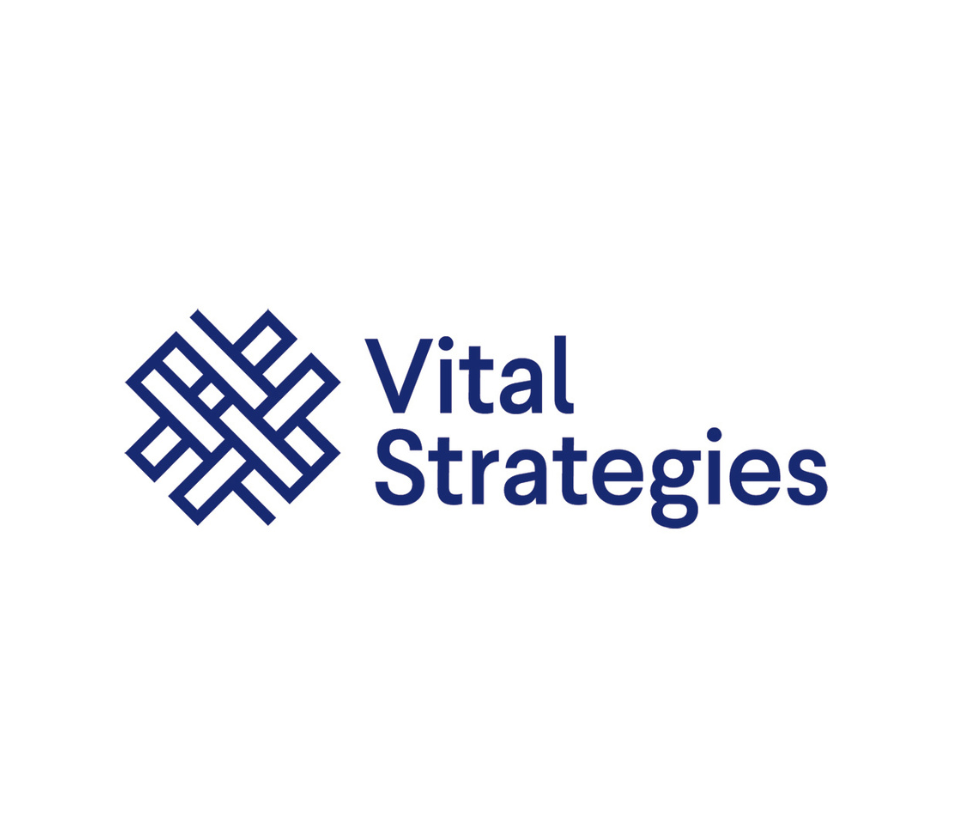
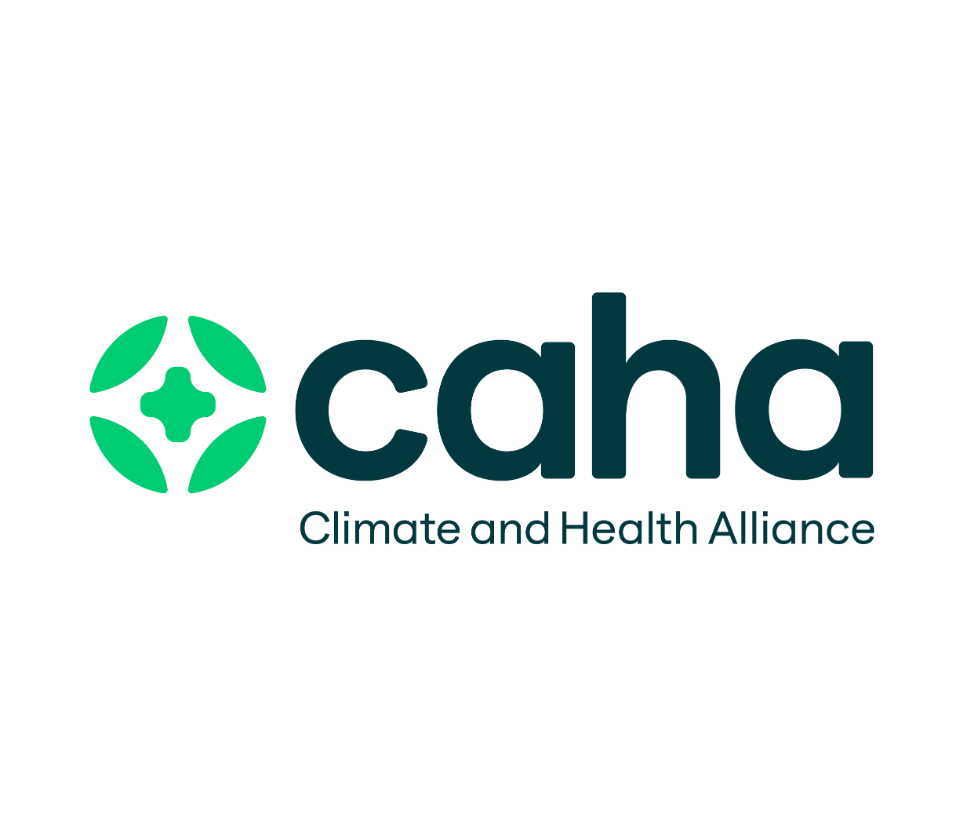
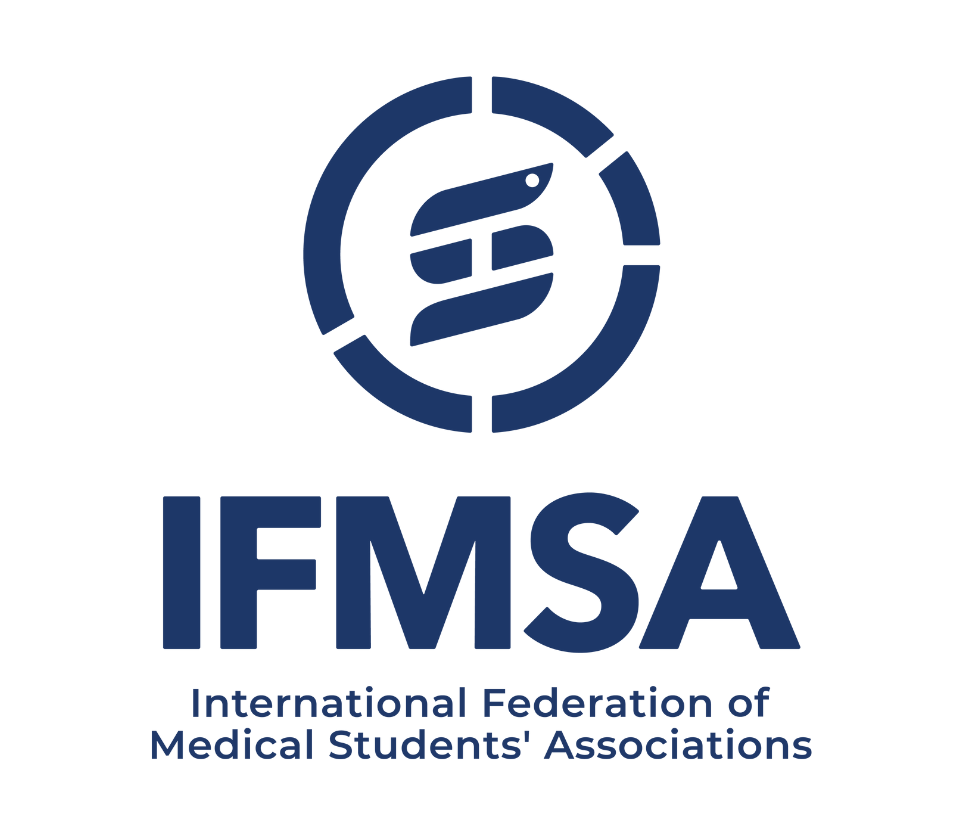
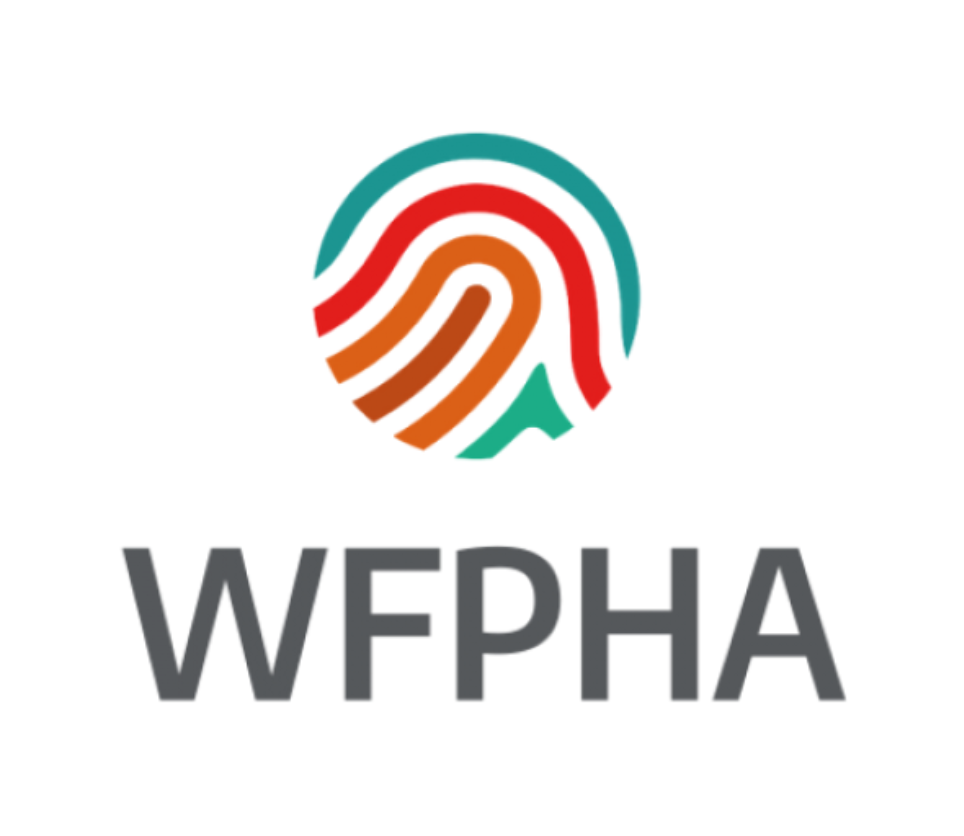
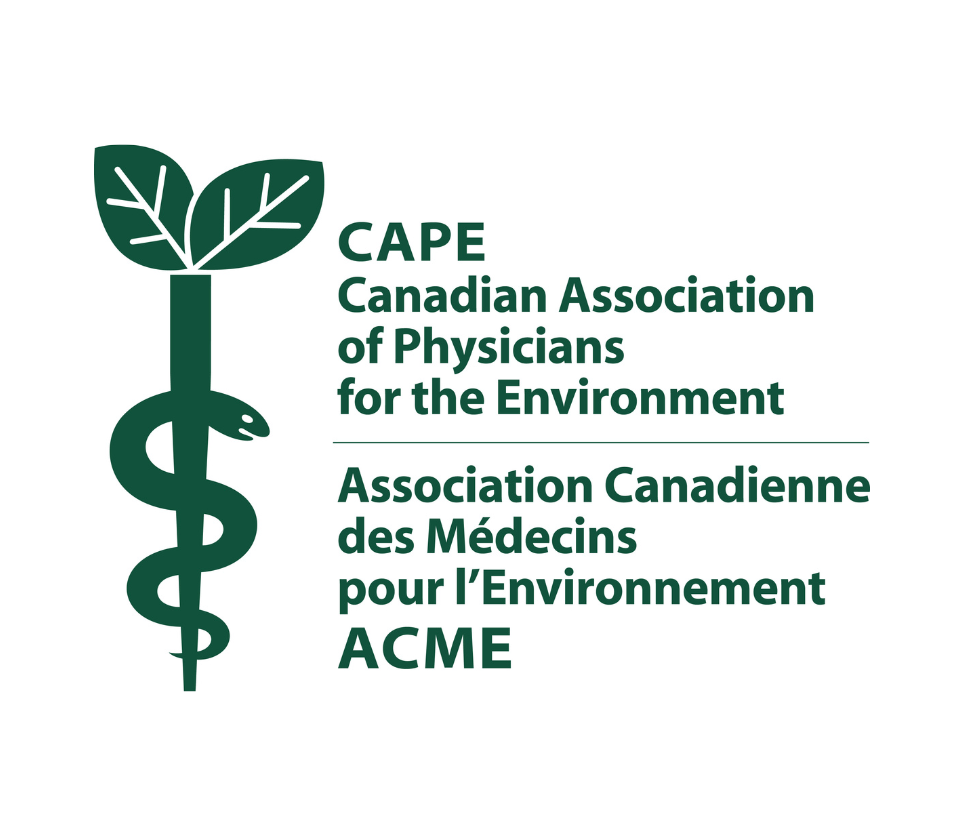
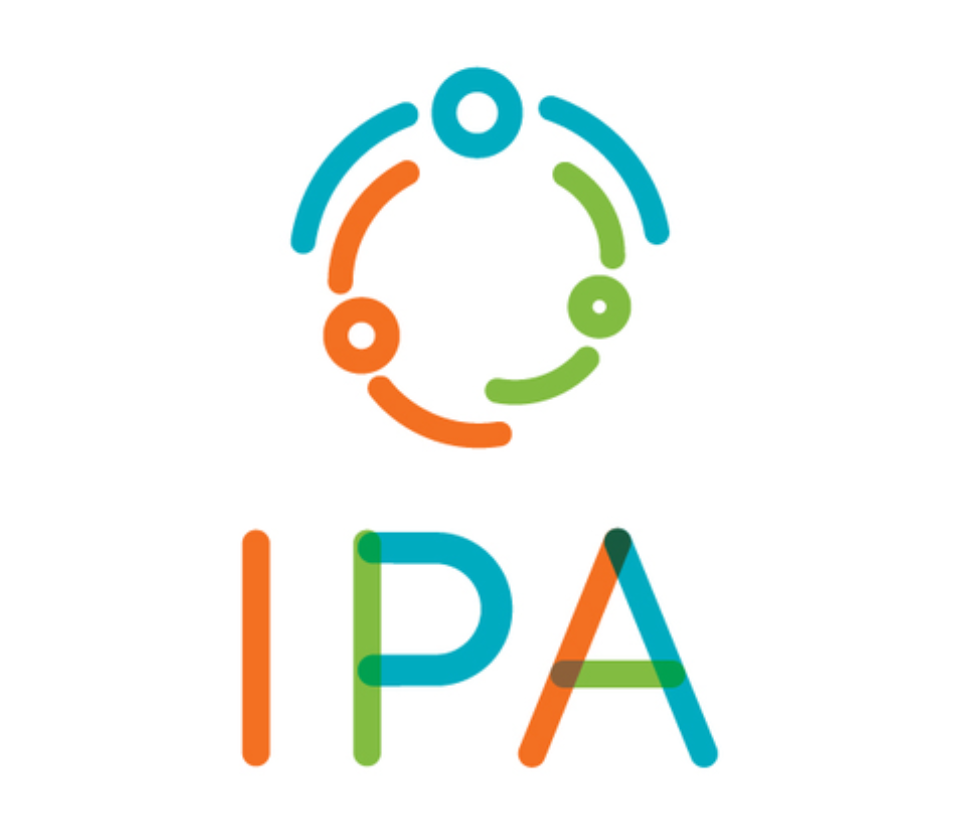
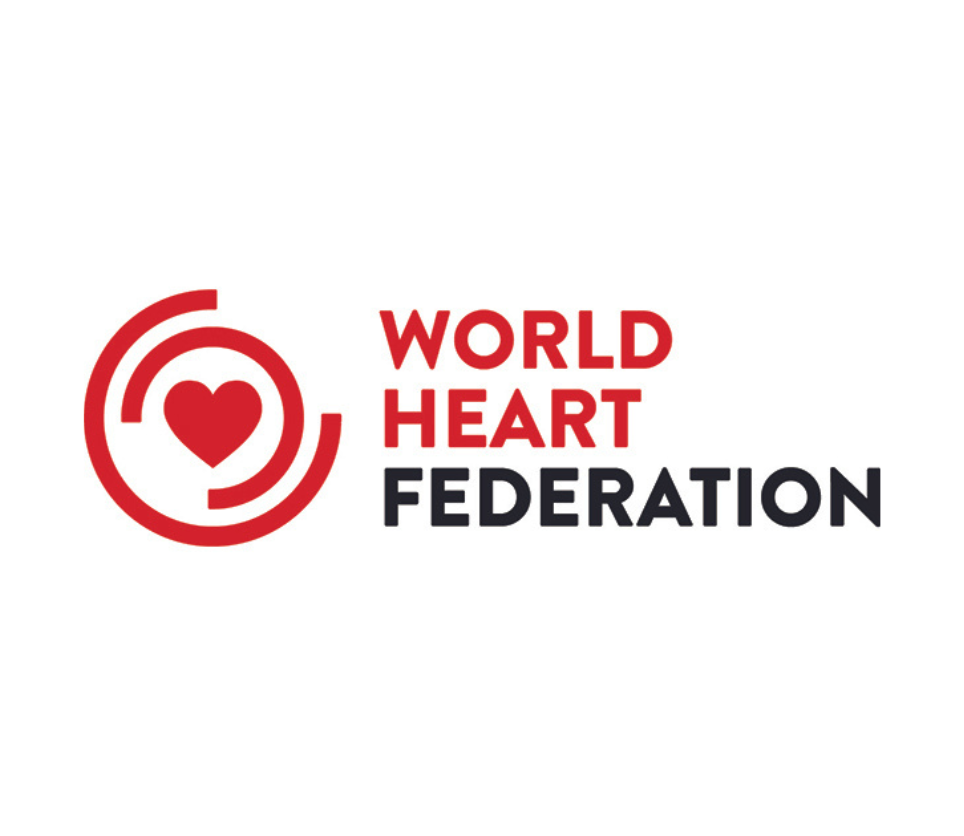
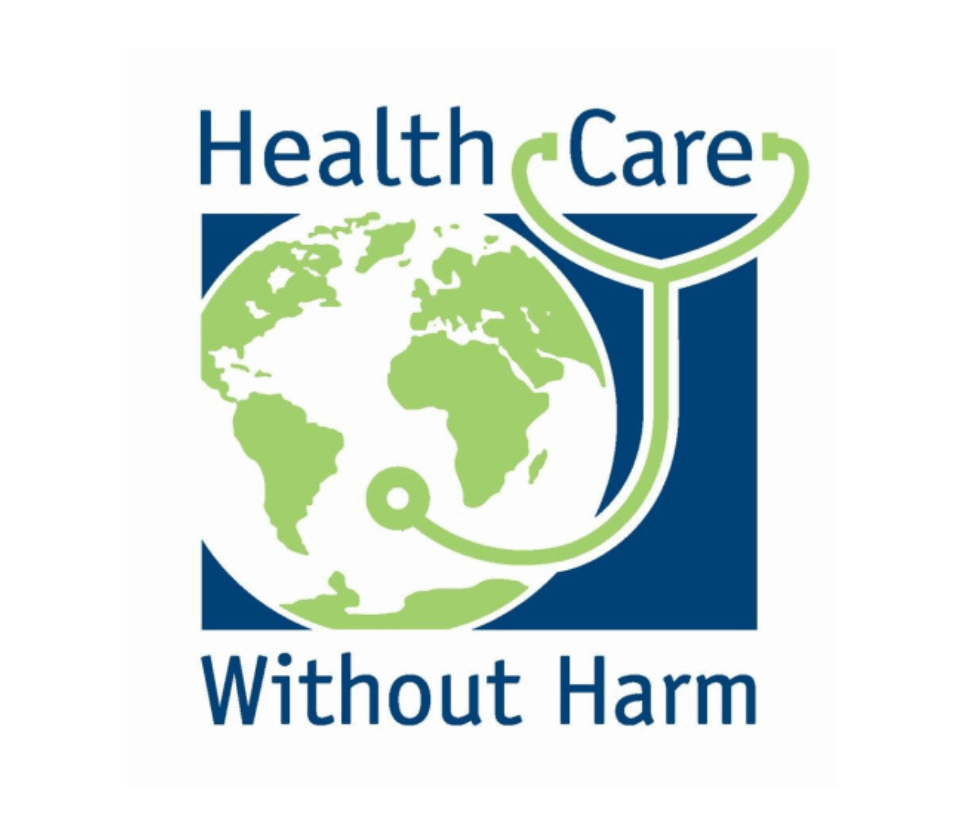

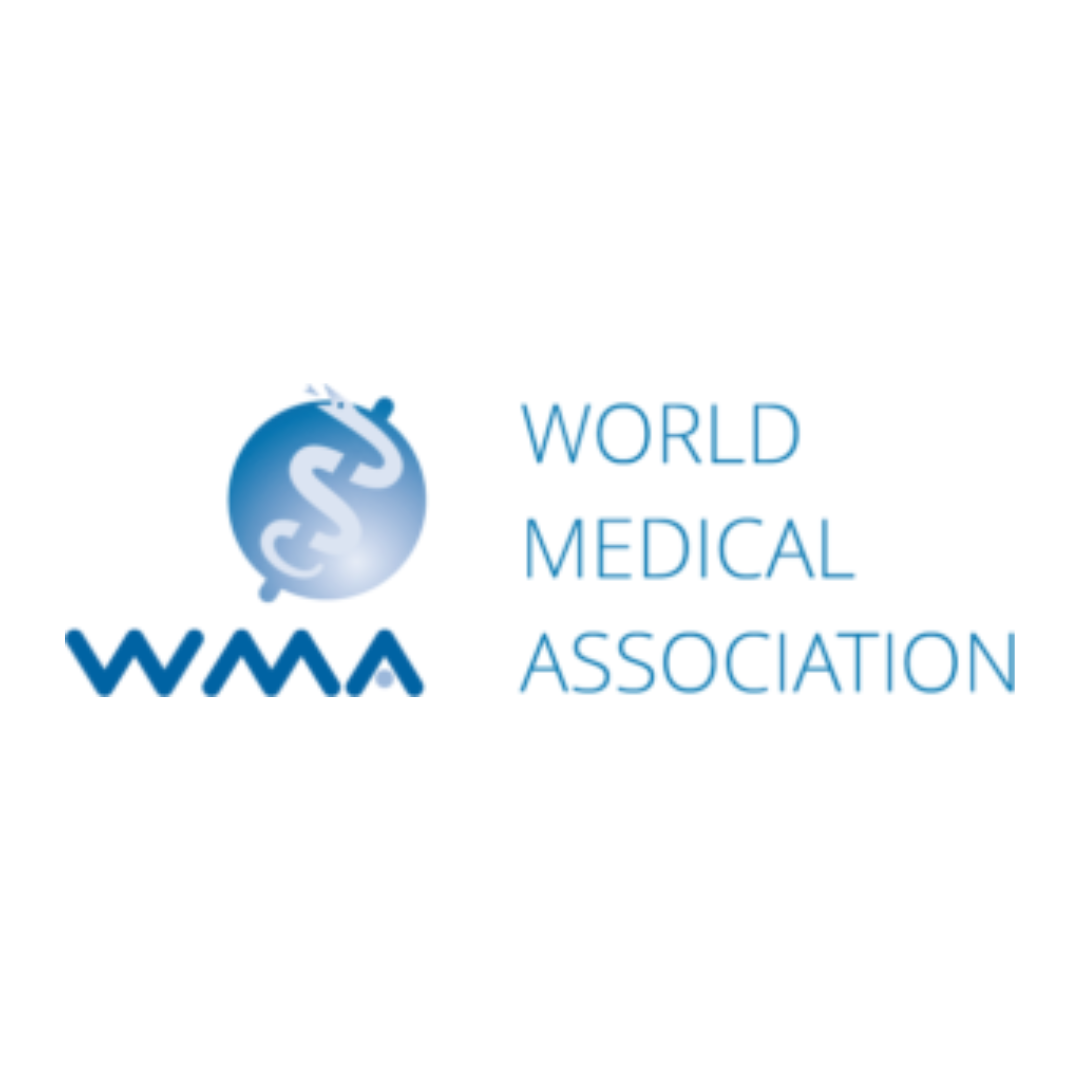
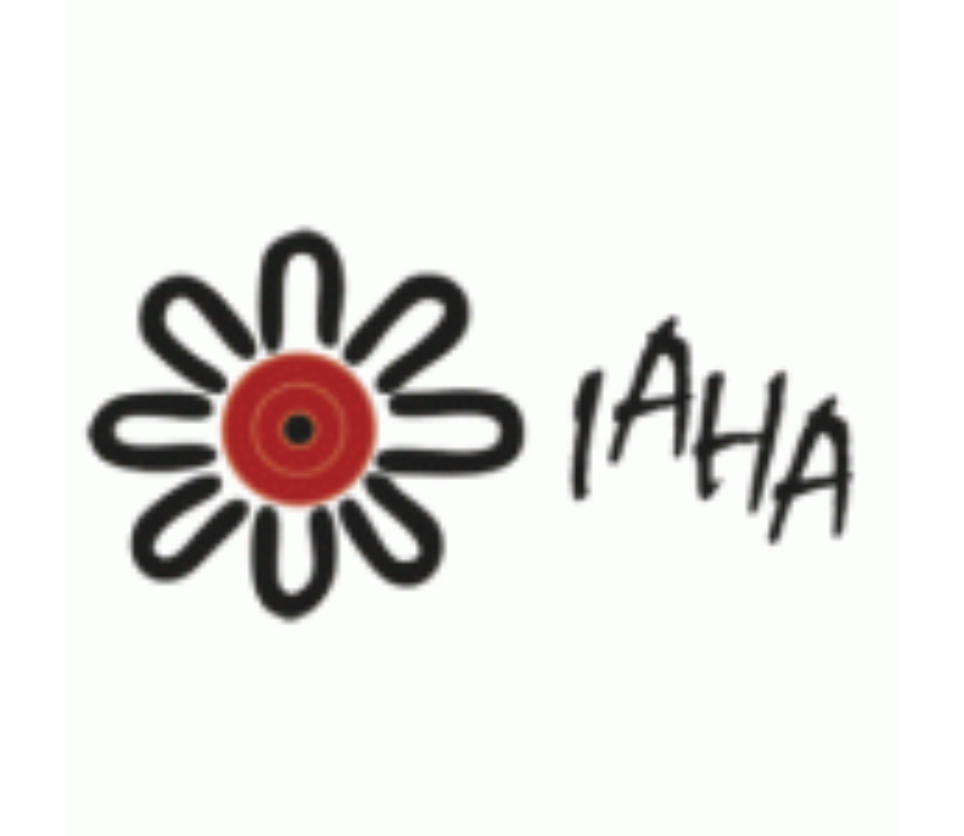
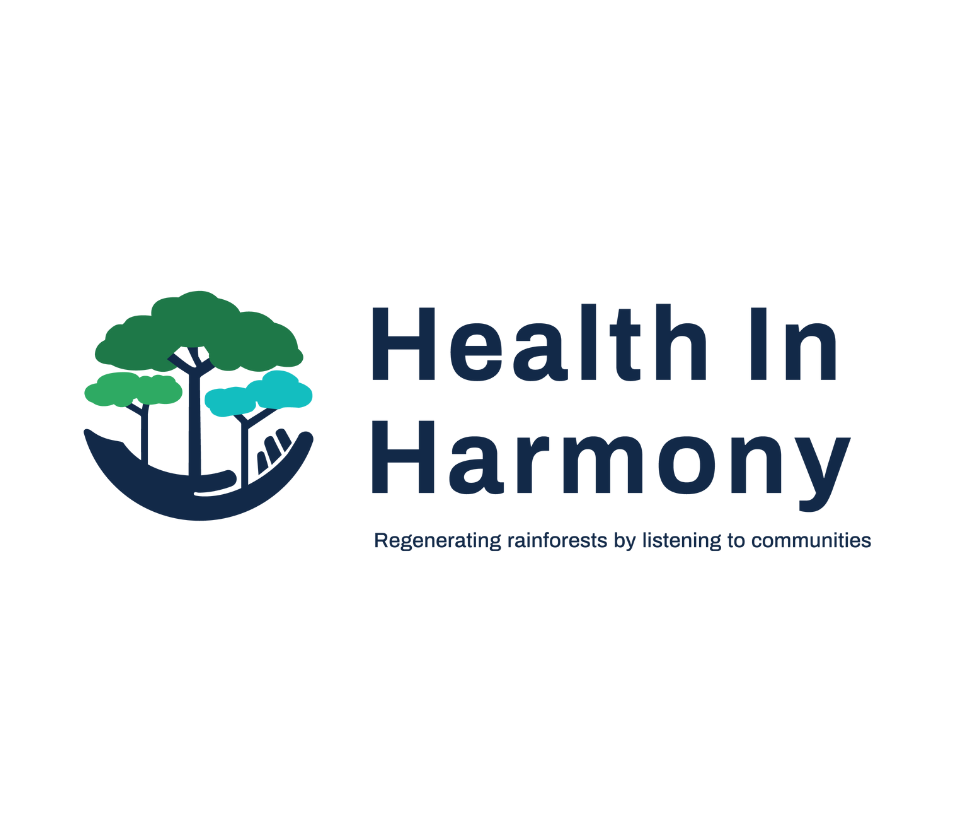
Take Action
We encourage students, educators, administrators and institutions to use this letter to advance the inclusion of climate change in health education around the world.
PDF versions of the letter are available in the six official WHO languages below.
The WHO-Civil Society Working group is planning other curriculum-change events in the future and our close collaborator, the Global Consortium on Climate and Health Education (GCCHE) runs ongoing programming for individuals and institutions interested in climate and health education. Click below to connect with those efforts.

